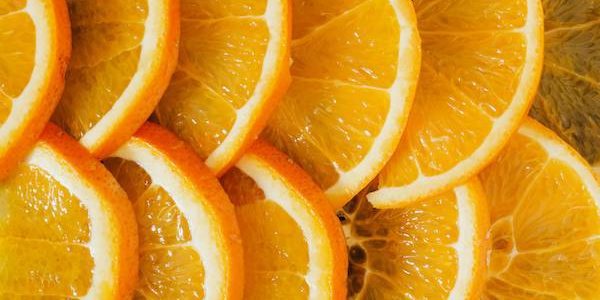
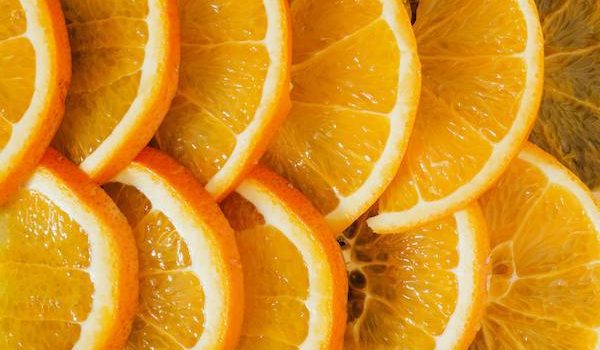
Fueling the Fun: 10 Nutrition Tips For Summer Sports Performance
BlogMulti-SportNewsStaffPicks August 5, 2024 Lauren Keating 0

As much as we like to bring the heat to our workouts, exercise in the summer months can be difficult. Warmer temperatures, humidity, and intense sunshine can bring on the sweat—or we should say more sweat—when active. And no matter if your summer sport is done out in the heat or inside, it’s still important to stay hydrated and follow a proper diet to remain in peak performance.
Proper nutrition becomes crucial when it comes to performance. It directly impacts energy levels, hydration, recovery, and overall health. Understanding and implementing effective nutritional strategies can significantly enhance athletic performance and ensure young athletes stay healthy and competitive during the hottest months of the year.
As much as we need vitamin sea in the summer, we realistically need vitamin C—and other vitamins and nutrients to fuel the athletic body.
Continue to have fun in the sun while maintaining peak sports performance with these summer nutrition tips.
Prioritize Hydration
One of the most critical aspects of summer nutrition is staying hydrated. High temperatures increase sweat production, leading to a greater loss in fluid. Dehydration can quickly impair athletic performance, causing fatigue, muscle cramps, and decreased cognitive function.
Tip 1: Drink Throughout The Day
Start your day with a big glass of water and keep a water bottle with you at all times. Remember to sip regularly throughout the day, not just during workouts.
Tip 2: Electrolyte Balance
In addition to water, athletes should consume drinks containing electrolytes, especially during prolonged or intense exercise. Electrolytes like sodium, potassium, and magnesium are essential for maintaining fluid balance and preventing cramps.
Tip 3: Avoid Sugary Drinks
While sports drinks can be useful for replenishing electrolytes, they should not be overused. Avoid sugary beverages, as they can lead to energy spikes and crashes, and opt for water or drinks with low sugar content.
Fueling with the Right Foods
Proper nutrition is not just about hydration; it’s also about providing the body with the right fuel to sustain energy levels and support recovery. High school athletes, who are still growing and developing, require a balanced diet rich in essential nutrients.
Key Nutrients for Summer Sports:
Carbohydrates: As the primary energy source, carbohydrates should form the foundation of an athlete’s diet. Complex carbs like whole grains, fruits, and vegetables provide sustained energy, while simple carbs like fruits and honey can be used for quick energy boosts before and after training.
Proteins: Proteins are crucial for muscle repair and recovery. Lean meats, fish, eggs, dairy products, beans, and legumes are excellent sources of protein. Including a source of protein in every meal helps in muscle maintenance and recovery, especially after intense workouts.
Fats: Healthy fats are necessary for hormone production and energy. Incorporate sources like avocados, nuts, seeds, and olive oil. These fats provide long-lasting energy and support overall health.
Vitamins and Minerals: Vitamins and minerals play various roles in energy production, muscle function, and immune support. Consuming a variety of colorful fruits and vegetables ensures a rich intake of these micronutrients, essential for maintaining high energy levels and preventing illness.
Summer Nutrition Tips: Best Foods For Energy:
- Berries
- Banana
- Eggs
- Nus and Seeds
- Apples
- Pineapple
- Mango
- Kiwi
- Plums
- Figs
- Cantaloupe
Sports Nutrition Tip 4: Time Meals
When and what athletes eat can significantly impact their performance. Proper meal planning and timing can help maintain energy levels throughout the day and optimize recovery.
Pre-Workout Nutrition
Timing: Aim to eat a balanced meal 2-3 hours before exercise. This meal should include a mix of carbohydrates, protein, and fats.
Light Snacks: For early morning or after-school workouts, a light snack like a banana, a handful of nuts, or yogurt can provide a quick energy source without causing discomfort.
- Snack Ideas:
Cucumber slices with hummus – High water content and refreshing.
Watermelon chunks – Hydrating and full of vitamins.
Post-Workout Recovery
Recovery Window: The 30-60 minute window after exercise is crucial for replenishing glycogen stores and promoting muscle repair. A combination of carbohydrates and protein is ideal during this time.
- Examples: Chocolate milk, a smoothie with protein powder, fruits, and a peanut butter sandwich are excellent post-workout options.
Tip 5: Meal Planning
One of the best summer nutrition tips is to meal prep and plan ahead. While parents may handle most of the major meals, make sure to bring healthy food options to their attention. High school and college athletes may have an interest in cooking or may want to learn how to make healthy meals. Try making a batch of grilled chicken, rice, or sweet potatoes and veggies and placing them in containers ready to eat during the week. In the summer, fresh salads or smoothie bowls are delicious, light, and nutritious.
Tips 6: Carbs for Energy
Carbs are the primary fuel for your muscles. Choose complex carbohydrates that provide sustained energy and simple carbs for a quick boost before workouts.
- Snack Ideas: Oatmeal with berries – Provides fiber and natural sugars.
Whole-grain crackers with nut butter – A perfect blend of carbs and protein.
Tip 7: Protein for Muscle Repair
Protein helps repair and build muscles, making it essential for post-workout recovery.
- Snack Ideas: Greek yogurt with honey and nuts – High in protein and healthy fats. Turkey and cheese roll-ups – Portable and packed with protein.
Tip 8: Healthy Fats for Sustained Energy
Healthy fats keep you full and provide a slow-release energy source. They’re great for longer, less intense activities.
- Snack Ideas: Avocado toast on whole-grain bread – Creamy, delicious, and nutritious. Trail mix with nuts and dried fruits – A mix of healthy fats, proteins, and natural sugars.
Tip 9: Fruits and Vegetables For Summer Nutrition
Fruits and veggies provide essential vitamins, minerals, and antioxidants that support overall health and performance. Summer was delicious fruits like watermelon in season. Check out a local farmer’s market for a variety of fresh fruits and veggies.
- Snack Ideas: Apple slices with almond butter – A satisfying mix of sweet and savory.
Carrot sticks with guacamole – Crunchy and nutrient-packed.
Tip: Adapt To Heat And Avoid Overtraining
As the body adapts to exercising in the heat, it becomes more efficient at cooling itself only after adapting to the heat. This process requires proper nutrition and hydration. Encourage gradual exposure to heat and ensure adequate fluid and nutrient intake.
High school athletes often push themselves hard, especially in preparation for the fall sports season. Proper nutrition, adequate sleep, and listening to the body’s signals are crucial for preventing overtraining and burnout.

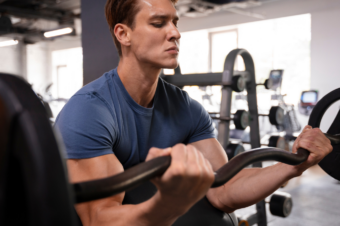
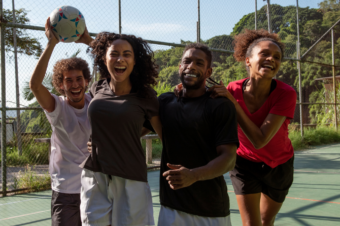
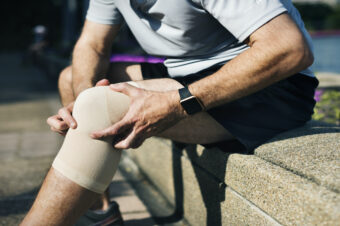
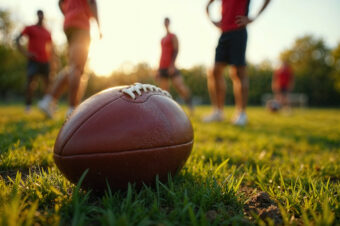




No comments so far.
Be first to leave comment below.